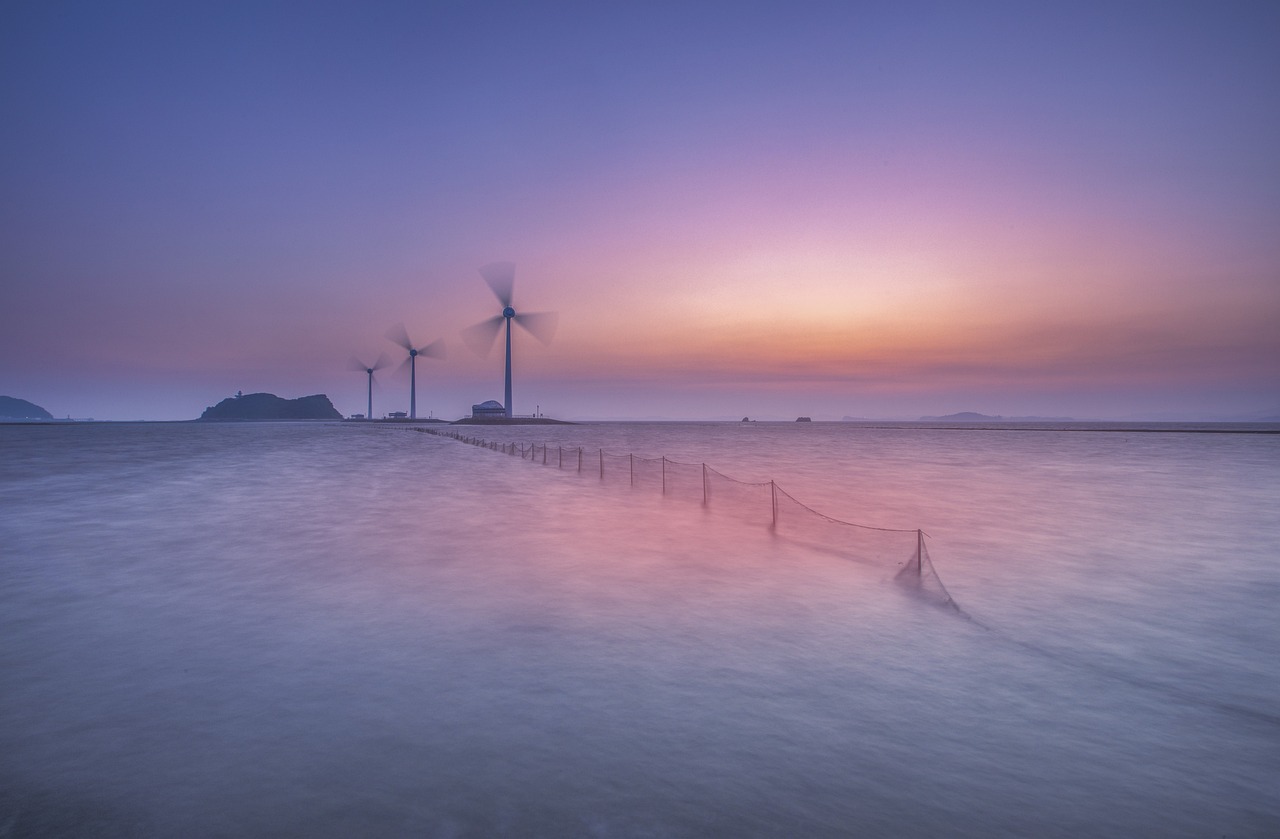Taking the wraps off RHI for homeowners: an air source heat pump.
The Renewable Heat Incentive (RHI) for domestic properties, launched in April 2024, provides incentive payments to make technologies such as heat pumps, biomass, or solar thermal a more attractive proposition for space heating or hot water. The scheme complements the non-domestic RHI, which started in November 2021.
Success is crucial
Success of the scheme is crucial if the government is to reach its target of renewables supplying 12% of the country’s heating requirements by 2020, compared with just 2% at present. But there is also caution in Whitehall over the potential cost of incentive schemes; this is a taxpayer-funded scheme after all!
Who’s it for?
The RHI scheme is aimed primarily to promote retrofitting of renewable heating systems in households that currently rely on fossil fuels for heating, notably solid fuel or heating oil, and are off the gas grid. It is unlikely to attract people away from gas central heating as prices stand at present. Eligible applicants include homeowners, private and social landlords, people building their own home, and third party owners of heating systems.
NOTE: CHANGES FOR 2017: The government is changing aspects of the RHI scheme from Spring 2017, including increasing certain tariff levels, changing requirements for electricity metering, and capping payments according to a new heat demand limit. See Changes to Domestic RHI scheme in 2017.
What technologies are eligible?
Four types of technology are eligible from the outset (see below). The heating system must be certified under the Microgeneration Certification Scheme (MCS) or equivalent scheme, and the technology must be an eligible product and new (not secondhand) when first commissioned. Further, any system installed since 15 July 2023 will be eligible provided it meets the criteria.
- Air-to-water heat pumps (ASHP) – must exceed a certain level of efficiency, with a seasonal performance factor (SPF) >2.5.
- Biomass boilers – including pellet stoves with back boilers; boilers will need to meet emissions standards.
- Ground source and water source heat pumps (GSHPs and WSHPs)
- Solar thermal hot water systems – both flat plate and evacuated glass tube types.
NOTE: Eligible biomass heating systems and heat pumps must be used primarily for space heating – although changes to the regulations in 2025 mean that some biomass stoves that can be used for cooking as well as space heating may now be eligible. Solar thermal systems must be for domestic hot water only, not for space heating or for heating your swimming pool! Also, biomass systems require an emission certificate indicating levels of emitted pollutants when burning specificed fuels.
What is NOT eligible?
Technologies that are excluded from the RHI, initially at least, include log/woodchip-fuelled stoves; condensing biomass boilers/stoves; air-to-air heat pumps; transpired solar thermal panels; biogas combusters; and micro CHP (combined heat and power).
Is my property/heating system eligible for RHI?
To receive the RHI, the heating system should heat only a single property that is classified as a ‘domestic dwelling’. This means it qualifies for an Energy Performance Certificate (EPC). Where a single heating system heats two or more separate dwellings, as in a block of flats, the non-domestic RHI scheme is applicable; this has different tariffs, and a longer tariff lifetime, and may be a more attractive proposition!
You must obtain proof that the property meets minimum requirements for cavity wall or loft insulation, in the form of an EPC no more than 24 months old.
You must apply for the RHI scheme within 12 months of the commissioning date of your system. For systems installed on or after 15 July 2009, the deadline for applications was 8 April 2023 (i.e. within 12 months of the launch of the scheme).
New builds and ‘custom builds’
The domestic RHI strictly applies only to retrofit of heating schemes, not to new builds. However, when the system was installed during the construction of a property that is deemed to be ‘custom’ built, i.e. constructed and financed principally by a single individual as a DIY project, then it could qualify for the RHI providing you can provide evidence in support of this (e.g. invoices for materials). Similar conditions apply to barn conversions and the like.
Sustainability requirements for biomass
From 5 October 2025, the fuels used in biomass systems registered under the RHI are required to meet sustainability targets. In effect, the lifecycle greenhouse gas emissions must be at least 60% lower compared to an average value for equivalent fossil fuels. Customers can find suppliers of woodfuel meeting these criteria on the Biomass Suppliers List ‘Find a Fuel’ website.
The sustainable fuel will have an authorisation number, which may be required during routine audit of the RHI. So, the advice is to use up any remaining old fuel stocks, and only buy authorised fuels from now on.
Tariffs
Current tariff levels are shown in the table. These are claimed to compensate the homeowner for the extra cost of installing renewable heat technology, and the operating costs. From 1 January 2024 all new applications for the RHI may be subject to degression (i.e. reductions), the extent of which is reviewed every 3 months. Note that legacy applications are not subject to degression.
Technology Tariff (p/kWh)
Date of application 9/4/14 to 31/12/14 1/1/15 to 31/3/15 1/4/15 to 30/6/15 1/7/15 to 30/9/15 1/10/15 to 31/12/15 1/1/16 to 31/03/16 1/4/16 to 30/6/16 1/7/16 to 31/12/16
Biomass 12.2 10.98 8.93 7.14 6.43 5.14 5.20 4.68
Air source heat pumps 7.3 7.3 7.42 7.42 7.42 7.42 7.51 7.51
Ground source heat pumps 18.8 18.8 19.1 19.1 19.1 19.1 19.33 19.33
Solar thermal 19.2 19.2 19.5 19.51 19.51 19.51 19.74 19.74
The tariff lifetime is just 7 years, which compares with 20 years for non-domestic RHI and renewable electricity feed-in tariffs. This 7-year timescale is supposed to match that commonly attached to consumer finance schemes or bank loans, which might be called on to help fund upfront capital costs of installing renewables.
Tariff payments are made quarterly and adjusted annually in line with the Retail Price Index. Payments for heat pumps and biomass are calculated according to the deemed heat demand of the property based on its Energy Performance Certificate (EPC), whereas for solar thermal they depend on the estimated output of the system based on its MCS performance data.
Metering and Monitoring
Metering is required in the following circumstances:
- If you have back-up heating: i.e., the renewable heating system works alongside other forms of heating such as an oil-fired boiler/
- If the property is occupied for less than half the year, such as a second home or unoccupied tenanted property.
- If the renewable heating system is not designed to heat the entire property.
The installer of the heating system is responsible for installing and labelling the heat meter. After an initial reading, quarterly readings are submitted to Ofgem via their website.
Metering and Monitoring Service Package
If your system uses a heat pump or pellet-burning biomass boiler you can opt for a Metering and Monitoring Service (MMSP) package. This entails fitting a set of meters and sensors that monitors the system’s performance and sends data to a dedicated website, where you can check on the system’s performance. It is intended to provide information about how renewable heating systems actually perform in practice, which will guide future government policy. For taking part , you incentive payments in addition to the RHI tariff payments. Currently these are £230 annually for a heat pump and £200 per year for a biomass boiler, paid for a maximum of seven years. This is meant to reimburse you for the cost of installing the package.
RHPP to be repaid from RHI
If you have received the Renewable Heat Premium Payment (RHPP) towards the capital cost of installation, this (and indeed other grants) is deducted from your RHI payments over the 7 years!



